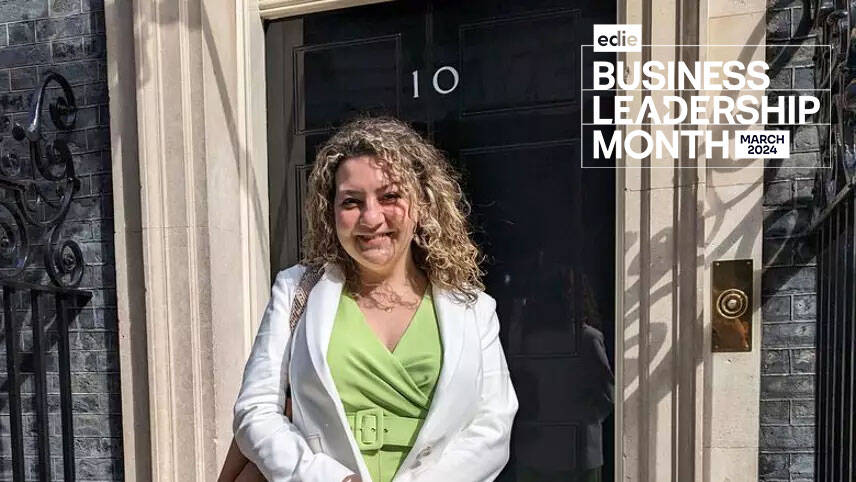Register for free and continue reading
Join our growing army of changemakers and get unlimited access to our premium content

Whilst International Women’s Day is a time to celebrate women, we also importantly use it to reflect on the areas of society where more needs to be done when it comes to gender equality. One area close to my heart is the underrepresentation of women in STEM.
As an environmental scientist and the 2023 L’Oréal-UNESCO For Women in Science Sustainable Development Fellow, I talk about this issue more than most. After decades of initiatives and campaigns advocating for more women in STEM, arguably this topic should be redundant – but sadly just not the case. Like many sectors, women are still underrepresented among the senior ranks of academic STEM.
The complex and global environmental problems we are tackling, notably climate change, require us to solve one of the toughest challenges facing the world today, and to do this, we need the best talent. This is simply too large and urgent a problem to address without more female talent in STEM.
As a scientist working at the forefront of environmental cciences, it’s something that I’m personally invested in helping to address, and I see so many opportunities for women – especially in the field of sustainable development.
For me, one of the most important things is showing young people that scientists are all kinds of different people and that what they are working on is real and tangible – especially when it comes to climate change. Relatable role models have been invaluable in my own career journey, and I am humbled to be considered a role model to others. A recent L’Oréal survey identified just how important visible role models are, and most notably for girls – finding that young girls who have a role model working in STEM are 78% more likely to see the value of the sciences in their future.
With this in mind, we need to give women in STEM the platform to tell their stories in order to ensure we are building a strong – and equal – talent pipeline to support the growing number of green science jobs in the UK.
Importantly, we also need to acknowledge some of the barriers for women, one being that the most demanding and competitive years of a science research careers tends to coincide with the time that many look to start a family. This is a crucial moment where women need even more support and flexibility – and it can often be when we lose women in STEM. There are multiple factors at play beyond the time taken away from work on maternity leave – many women find the return to work an especially vulnerable time, and often the fragile nature of fixed-term postdoctoral contracts can make returning at all infeasible. The prohibitive cost of childcare can further compound the ability of working parents to return full time, which disproportionately affects mothers. As a mother of a three year old daughter, I understand first-hand how tough this all can be. That’s why, one of the ways that I used my L’Oréal-UNESCO For Women In Science flexible grant was to support me with childcare costs, which enabled me to work full time again and dramatically accelerate my career progress. This flexibility was transformative for me.
Confidence is another area that women typically need more support on – the L’Oréal survey found that young girls seemed to lack confidence in science subjects compared to their male peers. For me personally, confidence has definitely been something that I have – and continue to – work on. I used part of my grant to enrol on a Women in Leadership Course, which has helped to boost my confidence and feel better prepared to take on the next major step in my career – leading a multimillion-pound grant to unlock develop new biotechnology tools to help achieve Net Zero emissions. The L’Oreal-UNESCO award was a major confidence boost for me and has subsequently helped accelerate my career – and not least being promoted to Professor since winning the award.
In 2024, we not only need to shine the spotlight brighter on gender imbalance that still exists in STEM and how we can collectively paly a role to close it, but highlight the urgent need for women in STEM to help solve urgent global environmental problems, especially climate change. Only with a truly diverse talent pool can we hope to develop environmental sustainability solutions that will benefit all.
Professor Sophie Nixon is a graduate of the Manchester Institute of Biotechnology, the University of Manchester and Winner of the 2023 L’Oréal-UNESCO For Women in Science Sustainable Development Fellowship.
Her environmental biotechnology research is exploring how microorganisms can be harnessed to help store carbon dioxide or convert it into useful materials – contributing to a greener and more efficient circular economy.



Please login or Register to leave a comment.